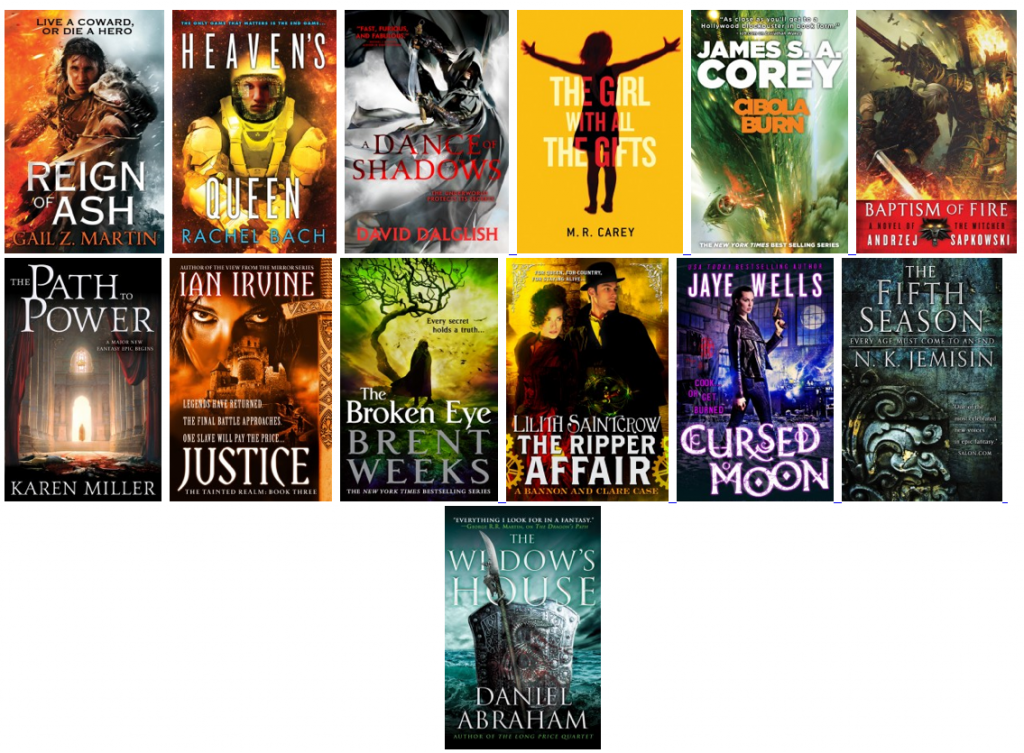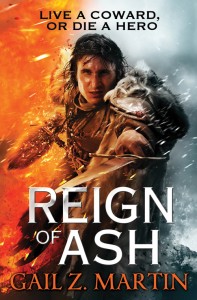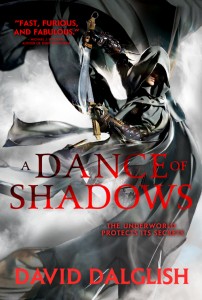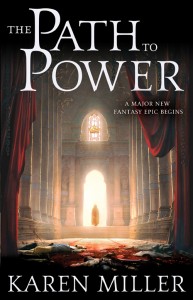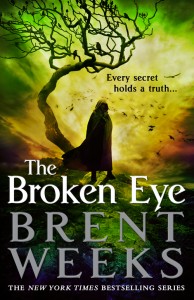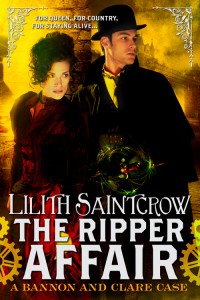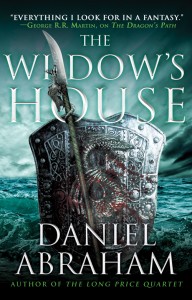Trudi Canavan: The Tyranny of Distance
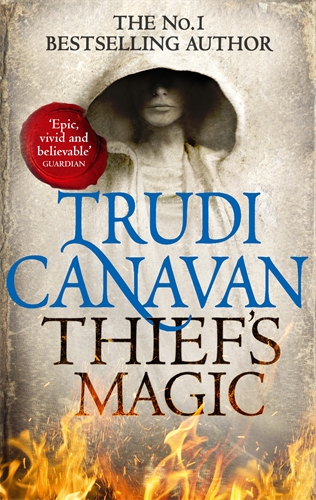 Trudi Canavan is an international bestselling author whose novels have been translated into more than 20 languages. Following the paperback release of THIEF’S MAGIC (UK | US | ANZ), the start of Trudi’s brand new adventure series, she shares some thoughts on what it’s like to be an author based in Australia whose novels are sold around the world.
Trudi Canavan is an international bestselling author whose novels have been translated into more than 20 languages. Following the paperback release of THIEF’S MAGIC (UK | US | ANZ), the start of Trudi’s brand new adventure series, she shares some thoughts on what it’s like to be an author based in Australia whose novels are sold around the world.
The Tyranny of Distance is the name of a history book published back in the 60s, and the title has become a phrase used whenever Australians discuss the difficulty of doing business – or anything, really – in a world where most English-speaking nations are far, far away. The difficulties of, for instance, trading with customers half a world away is one reason why Australia produced a lot of wool – it doesn’t deteriorate on long sea voyages.
Sometimes, when I’m abroad, I’m asked what it is like to be an Australian author who is a bestseller outside of my country, or why Australian fantasy is so good. I often think of this phrase, but don’t use it because I am unsure if anyone outside of Australia will know and understand it. Yet I think distance has a lot to do with the answer to both questions. These are some of the ways:
Since shipping is costly, not all books printed outside of Australia are sold here. Until ebooks were easily accessible we were only reading the most popular authors. Since authors draw, consciously and unconsciously, on what we’ve read and seen before, we have been emulating or subverting the best of the genre. Raised on the best, is it any surprise that Australian fantasy writers do well? However…
When it comes to who is writing fantasy, we aren’t as influenced by assumptions and attitudes in other markets. For example, I did not encounter anyone who thought that mainly men write epic fantasy until I ventured overseas in 2011. In fact, when it came to who reads fantasy, I grew up in an era and place where boys were more likely to read science fiction and girls to prefer fantasy. Little wonder, perhaps, that by 2012 two-thirds of traditionally published Australian fantasy writers for adults were women. However, when it comes to being published overseas, and now that the the local fantasy imprints are global, we have this and other differences in our markets to deal with.
Plane fares to and from Australia are expensive, and jet lag means Aussie authors can’t nip over to the other side of the world for a weekend and function as well as someone who hasn’t just had their sleep cycle reversed. So when we do travel overseas we tend to stay longer, which means taking more time away from writing. Even something as simple as giving away a signed copies of your book is more costly than it is for our overseas counterparts, because postage ranges from the same or double the value of the book. But on the other hand…
Email, the world wide web and social media have overcome many of the problems of distance. Only in the latter is it obvious that an author is Australian, because of the time difference. This can be a bit frustrating, as conversations on Twitter, for example, often begin and end (and are Storified) before we Aussie wake up and can contribute. (Though this can be an advantage if it stops us leaping in before knowing all the facts!)
Digital publishing has also made more books available to us – and a lot more Aussie fantasy available to the rest of the world through small presses and self-publishing. It doesn’t overcome all problems of distance, as there are still territorial issues and sorting out epub and reader issues means getting help from overseas, which can be more difficult, but it has generally made it easier to reach a global audience.
So you can see there are many aspects and both advantages and disadvantages to being an Australian author who is successful overseas. What I love most is, wherever I go readers are so welcoming. They will go to extraordinary efforts to come and see me whenever I am in their home country, because they know that it might be a long wait until I am in their part of the world again. And meeting readers is my favourite part of being an author.
Aside from the writing part, of course!

